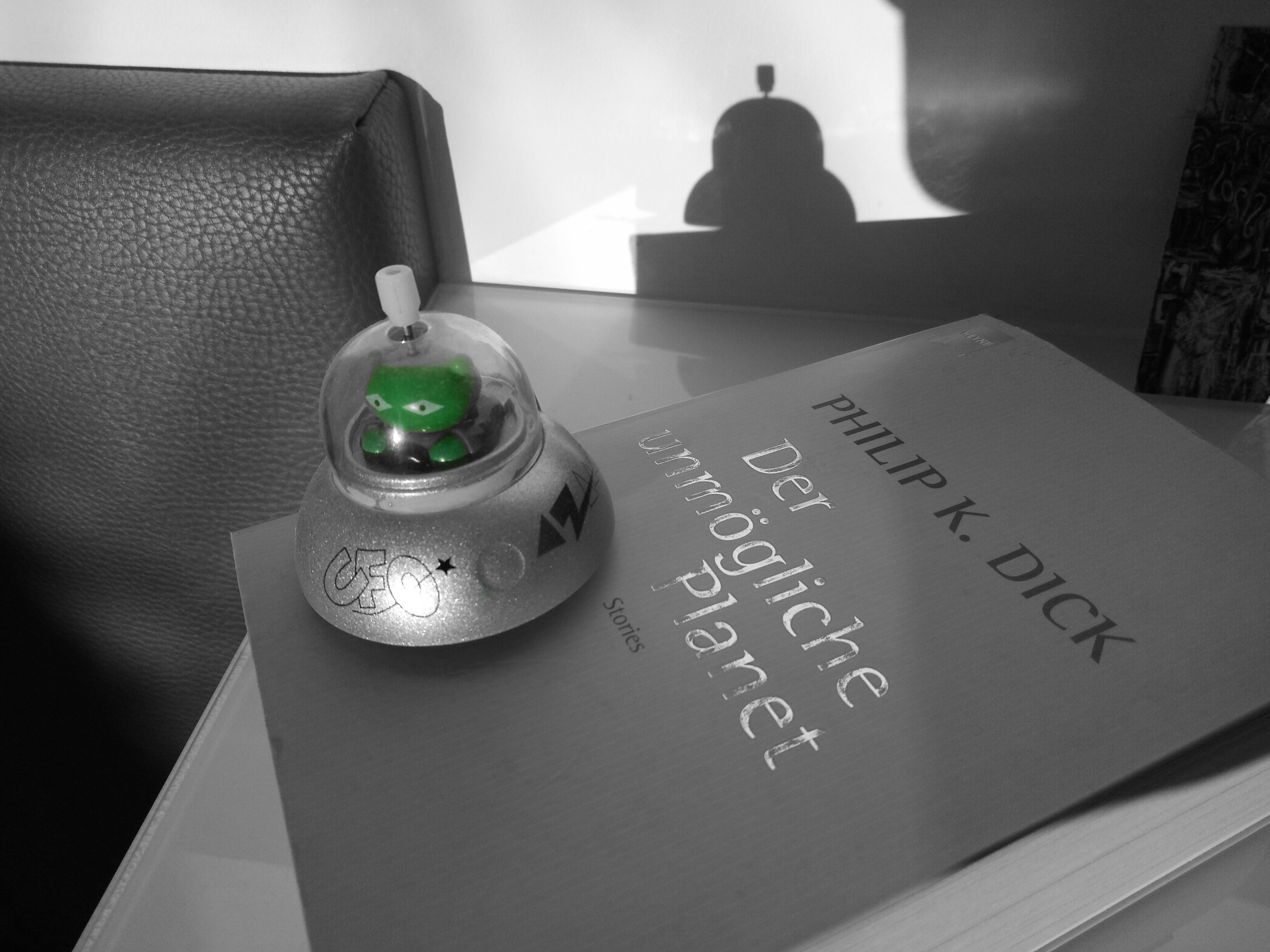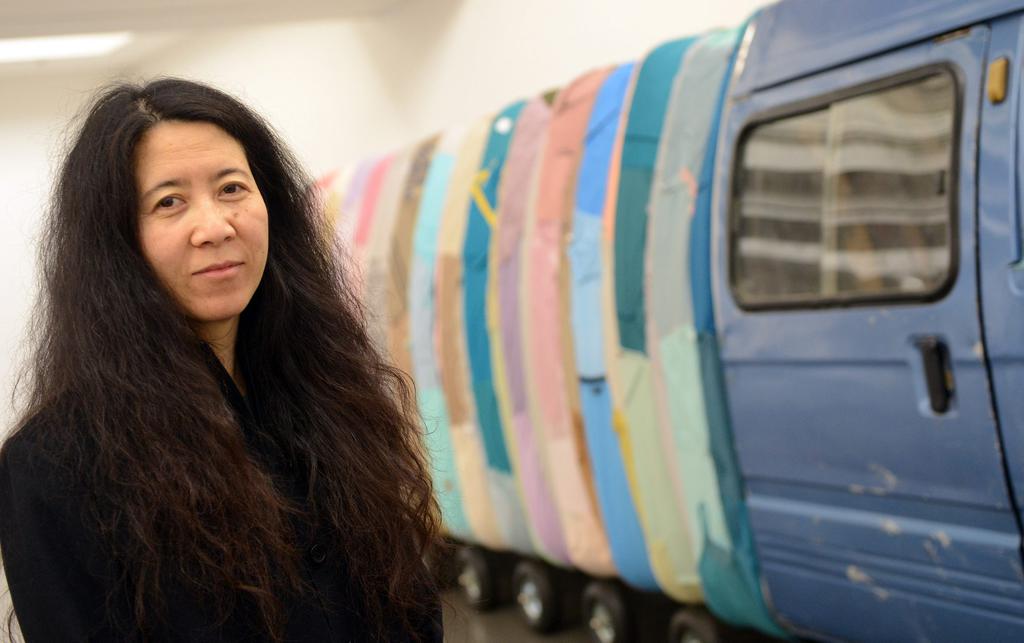Several artistic projects explore these phenomena. A “Fakebook” by the Dutch artist Zilla van den Born features a credible but invented report about her alleged travel to Asia. Manipulated photo montages and chat metting backgrounds even deceived her friends and parent. Zilla “fakebooked” to criticise the gullibility that may make us victims of varnished imagery and advertising claims.
While political transparency lacks, fashion features transparency everywhere. The art project Intimacy 2.0 by Daan Roosegaarde plays with self expression and voyeurism, presenting fabrics turning transparent when detecting sexual arousal.
Xuedi Chen und Pedro Oliveira highlight unintended transparency Their Data Striptease x.pose wants to raise awareness about perpetual unintentional exposure by tranforming it from the seemingly virutal world into material reality. The artwork is an interactive dress made of elements that represent neighborhoods of New York. Each element becomes transparent when the arists visits the respective part of the city.


